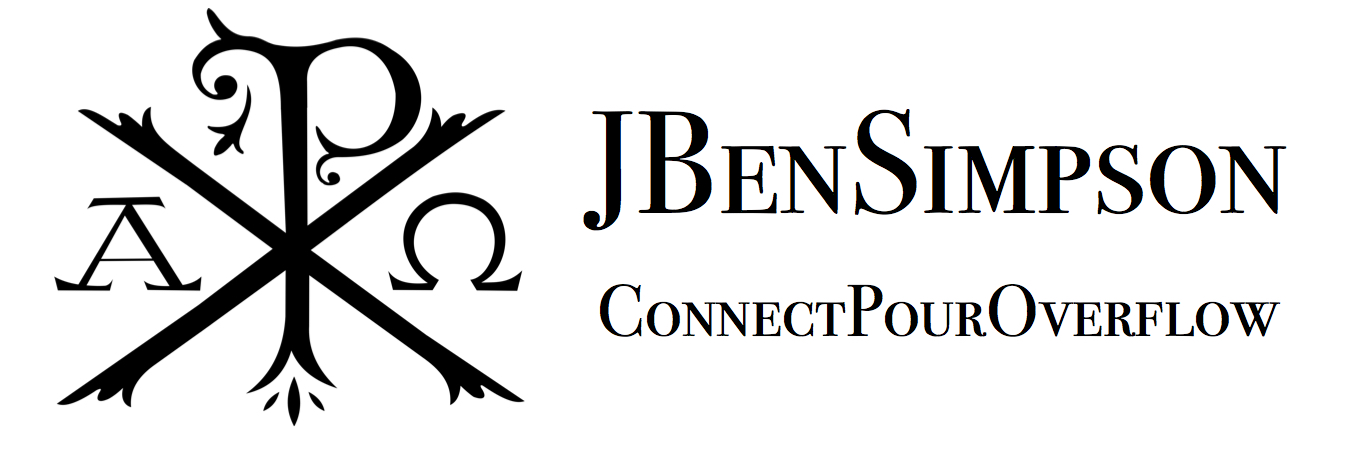O little town of Bethlehem,
How still we see thee lie;
Above thy deep and dreamless sleep,
The silent stars go by.
Every year the city of Bethlehem plays center-stage again to the most wonderful story ever told. We read in Luke 2 that a census was being taken of the entire Roman Empire of which Israel was a part. Each person in Israel was ordered to return to their family’s original city (Lk 2:1-3). Therefore, Joseph and his fiancé the virgin Mary, who was pregnant with Jesus by the Holy Spirit, came to Bethlehem because Joseph was of the lineage of King David (Lk 2:4). While they were there, Mary gave birth to Jesus in a cattle stall because they had nowhere else to stay and laid him in a manger, which is a feeding trough for cattle (Lk 2:6-7).
It had been prophesied that the Messiah-Christ would be born in Bethlehem. We read in Micah 5:2, But as for you, Bethlehem Ephrathah, Too little to be among the clans of Judah, From you One will go forth for Me to be ruler in Israel. His goings forth are from long ago, From the days of eternity. The Gospel of Matthew further affirms the common understanding of this prophecy. The Magi come to King Herod of Judea in Matthew 2:2 and ask him, “Where is He who has been born King of the Jews? For we saw His star in the east and have come to worship Him.” Herod calls his own wise men together, and they declare based upon Micah 5:2 that the Magi should go to Bethlehem to find the Messiah if indeed he has been born. So, off to Bethlehem they go, and Jesus they found.
But, why Bethlehem? Was God in Micah simply foretelling where Jesus would be born, or was He making a statement by having Jesus be born in Bethlehem? Friends, God does nothing by chance. Therefore, God was making a statement by having Jesus be born in Bethlehem. In fact, He was making two statements.
Statement #1: Jesus is the Messiah-Christ, the promised king of the lineage of David.
By the world’s standards, Bethlehem was little and insignificant, but a king was coming out of it. To be honest, a king had already come out of it by the time Micah prophesied. You see, Bethlehem was the city where David was born. That’s why Joseph, who was of the house of David, had travelled there for the census with his pregnant fiancé Mary approximately 1,000 years after David’s first cry.
Bethlehem connects Jesus with David and the promises made by God to David that one of David’s descendents would be an everlasting king. God had made a covenant with David in 2 Samuel 7:12-13, which says, When your days are complete and you lie down with your fathers, I will raise up your descendant after you, who will come forth from you, and I will establish his kingdom. He shall build a house for My name, and I will establish the throne of his kingdom forever. As the generations passed after David’s death, the people of Israel began to long for this promised king who would have an eternal throne—a king like David who was a man after God’s own heart. Jesus was the answer to their longing. Jesus, a descendent of David, is the greater David. And so, Jesus, the Promised One being born in Bethlehem, is the Messiah-Christ, the Davidic king whose throne will never end.
Bethlehem most importantly ties Jesus to David and God’s covenant with him, declaring from God, “Here is the king I promised you!”
Statement #2: Jesus is the Bread of Life from God.
Bethlehem is a compound Hebrew word made up of two smaller Hebrew words: beth, which means house, and lechem, which means bread. This tidbit seems inconsequential until you read John 6:35, Jesus said to them, “I am the bread of life; he who comes to Me will not hunger, and he who believes in Me will never thirst.” Of all the cities in which God could have chosen to have David and Jesus be born, I believe it is providential that they were born in Bethlehem. Jesus, the Bread of Life, was born in the city of the House of Bread.
Of course, Jesus is speaking metaphorically in John 6 about being bread. Now when some read bread metaphorically used in the Bible, they think of the Bible itself, à la Matthew 4:1-4 where Jesus concludes, Man shall not live on bread alone, but on the every word that proceeds out of the mouth of the God, (Mt 4:4). There is certainly a sense that bread refers to the Word of God. However, in John 6 when Jesus says “I am the Bread of Life,” I don’t think He has Scripture in mind. I think He has himself in mind. In fact, Jesus tells us this very thing there in John 6:51, I am the living bread that came down out of heaven; if anyone eats of this bread, he will live forever; and the bread also which I will give for the life of the world is My flesh. So, Jesus Himself is the metaphorical Bread of Life, and if we metaphorically eat Him, we will never hunger again.
The babe born in the House of Bread is the Bread of Life. God, I believe, is here declaring in an esoteric way, “Here is the Savior I promised you.”
This Christmas, may you marvel at God’s promises fulfilled through His mighty providential hand in Bethlehem, and may you follow King Jesus and eat the Bread of Life!

0 Comments